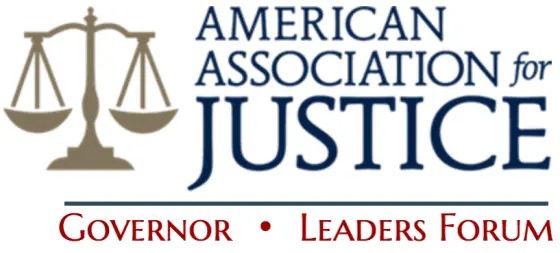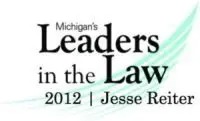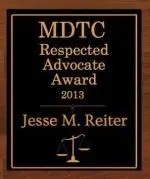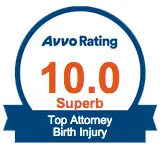Trust, joy, confidence, and connection with peers are important for any child. Different therapies can be used to facilitate those feelings for children with disabilities, including animal-assisted therapy. Fostering a bond between a human and animal can promote psychological, emotional, and physical well-being. Specifically, horses can help to facilitate those goals in therapies known as...
Hippotherapy and Equine Therapy Programs in Michigan
Dysphagia is a condition characterized by persistent difficulty or pain when swallowing. There are many causes of dysphagia, and people of all ages can suffer from it (1). Dysphagia is especially common for children with complex medical needs, with an estimated 30-80% of children with developmental disabilities having some form of dysphagia (2). Children with...
Cerebral palsy (CP) exists in a variety of different forms, and its symptoms vary significantly from person to person. For instance, while people with severe CP may need a wheelchair to help them get around, people with mild CP might be able to walk just fine on their own (1). All people with CP experience...
2Cell transplantation is a promising new avenue for treating cerebral palsy (CP). Previous research has shown that stem cell therapy can help children with cerebral palsy; a study published this month indicates that treatment with macrophages may also be effective. Essentially, macrophages are cells that can repair damaged brain tissue and blood vessels, thereby enhancing...
Orthotic devices (technically referred to as orthosis) are a type of brace or other wearable that serves one or more of the following purposes: Improvement of mobility Immobilization of an injured body part to promote healing Correction of biomechanical misalignments Prevention of injuries Reduction of weight bearing and pain Some orthotic devices are relatively inexpensive,...



















